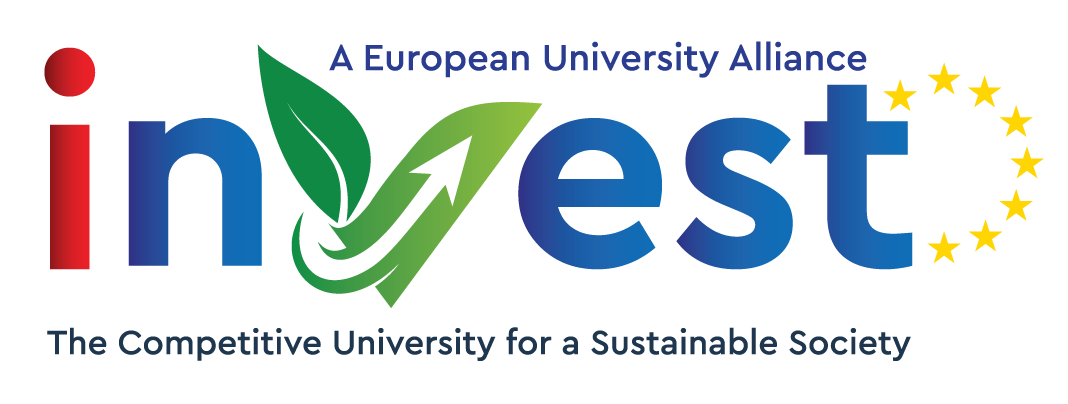DECODING TRUTH IN THE DIGITAL AGE: NAVIGATING MISINFORMATION, TRUST, AND SCIENTIFIC INTEGRITY
To whom: Academics, researchers, administrative staff, students
When: 9-May-2025, 16:00-17:00 EET
Where: Online (Microsoft Teams)
Registration link: open here
In today’s hyperconnected world, where search engines, social media, and AI-driven platforms shape our daily information intake, navigating the complex web of truth, bias, and opinion has become more critical than ever. From conflicting news headlines to debates between experts, we constantly face the challenge of discerning credible information from misinformation.
This webinar explores how psychological biases, emotional triggers, and cognitive shortcuts influence who and what we trust. We’ll dive into the mechanisms behind misinformation-whether it spreads through social media feeds, search engine results, or AI-generated content-and examine how trust is shaped in the digital landscape.
Participants will learn how to critically evaluate information, differentiate between anecdotal claims and scientific evidence, and understand the hierarchy of research-from personal stories and preprints to peer-reviewed studies and meta-analyses. We’ll also explore the evolving role of AI and search algorithms in amplifying both reliable information and misinformation.
Through real-world examples and practical tools, this session will equip you with the skills to make data-driven decisions, fact-check sources, and navigate today’s complex information ecosystem with confidence. Whether you're an educator, researcher, student, or simply someone who wants to better understand how information is shaped and shared, this webinar offers essential strategies for uncovering truth in the digital age.
By attending this webinar, participants will:
• Understand the psychological biases that influence trust and misinformation.
• Recognize the the red flags of Misinformation.
• Analyze the hierarchy of research-from anecdotes and preprints to peer-reviewed studies and meta-analyses.
• Evaluate how AI and search algorithms shape information accessibility and reliability.
• Apply practical tools and methodologies to assess sources and fact-check claims effectively.
• Develop critical thinking skills to navigate misinformation in scientific, educational, and digital environments.
Organizing HEI: University of Thessaly
Responsible person: Dr. Omiros Iatrellis (Email: iatrellis@uth.gr)
